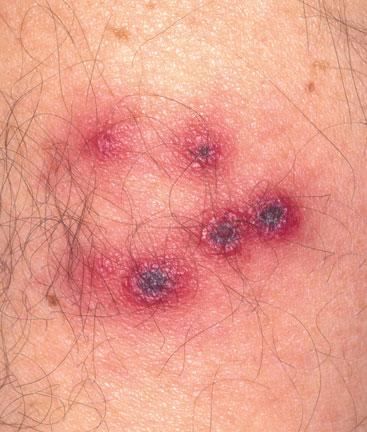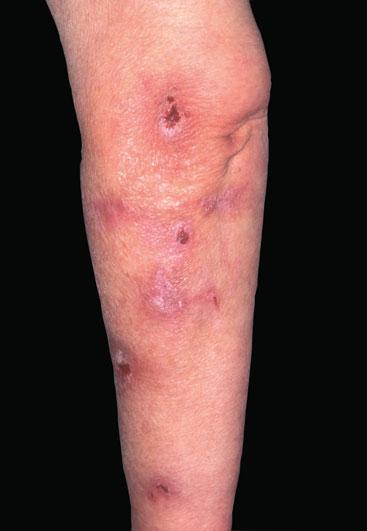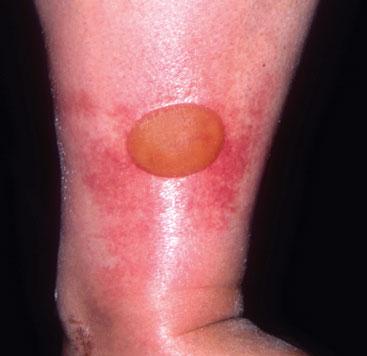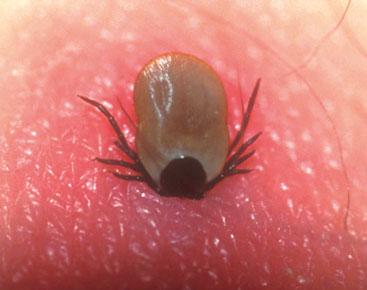Are these all bites?
Dr Mike Wyndham is a GP in a suburban practice in Edgware Middlesex
Dr Mike Wyndham is a GP in a suburban practice in Edgware Middlesex
He has always been a keen photographer, and has been taking medical photographs for more than 25 years. He has been a regular contributor to the GP press and his work has also appeared in the British Medical Journal, The Pharmaceutical Journal and various medical text books
Summertime traditionally produces a crop of bites and rashes but not everything is as it seems.
DELUSIONAL PARASITOSIS
This arm is that of a middle-aged lady who was convinced that her skin was infested with insects that were laying eggs in her skin. The only way that she could get rid of the infestation was to pick the creatures out of her skin. To each consultation, she would bring me samples, which to the naked eye did not show anything of significance, confirmed on laboratory analysis. Typically, there were areas of skin damage with some scars present too. The patient could not be convinced that she did not have an infestation. This condition occurs most frequently in middle-aged to older women. Treatment with risperidone may be helpful, and with an anti-depressant if the patient is depressed. Delusional parasitosis my be more common in patients with Parkinsons disease and those taking gabapentin.

BED BUGS
Bed bugs (Cimex lectularis) are blood-sucking creatures who enjoy a warm environment and tend to feed at night. They infest frames of beds and mattresses but may be found in any part of a room. They may also be transmitted on items such as clothing. They do not transmit disease but may cause itchy skin lesions. The ones in the picture had been scratched. If an infestation is suspected, a search should be made looking for signs such as black dots in the bed which may represent dried faeces!

PAPULAR URTICARIA
Blistering eruptions including pemphigus and pemphigoid may occur in the older person. This lady's skin was itchy before this blister appeared and it was the only one that she had. The blistering eruptions normally cause multiple lesions. Papular urticaria normal affects the skin of the lower leg and usually affects children or young adults. Blisters may occur on oedematous legs but the surrounding tissue will not look inflamed.

TICK BITES
Ticks are arthropods. There are two types, hard (ixodidae) and soft (argasidae). They need a meal of blood for survival with the hard tick often feeding for hours. Ticks may transmit many diseases including rickettsiae, viruses and bacteria. The host may even contract more than one illness from a single bite. Lyme disease is an example of a tick borne disease that may occur in the UK. It is caused by the organism Borrelia Burgdoferi, which may be found in animals such as mice, pheasants and deer. The illness is often contracted while walking in woodland areas.

Related articles
View all Articles